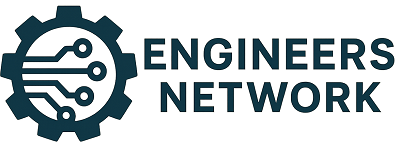We all know the drill: the panic, the realization that tomorrow’s exam is closer than it appeared on the calendar, the sudden urge to cram every single fact into your brain. But what if I told you there’s a smarter way to handle this? No magic tricks, just strategies proven by studies and embraced by successful students.
Firstly, let’s talk science. A study published in the Journal of Educational Psychology shows that active recall is one of the most effective ways to cement knowledge. This means testing yourself on the material, rather than passively reading through notes. Another study from Cognitive Psychology reveals that spaced repetition, even if done last minute, can significantly improve retention.
Active Recall: Your New Best Friend
Forget rereading chapters or drowning in highlighters. Grab those practice questions. Actively test yourself. Write out the answers without peeking. It’s the challenge that strengthens your memory muscles. Prepare for the exam with this website, and you’ll be on the right track to success.
Spaced Repetition: Timing Matters
You’ve got limited time, so use it wisely. Tackle a question, review it after an hour, then again after two hours. It might sound like a lot, but even short bursts of spaced repetition can make a huge difference.
Mix It Up: Interleaved Practice
Don’t stick to one type of problem for too long. Mix different types of questions. Studies show that interleaving practice (studying multiple subjects or types of problems) helps with understanding and retention. It’s like cross-training for your brain.
Eliminate Distractions: Focus is Key
Turn off notifications, close unnecessary tabs, and find a quiet space. Multitasking is a myth; it only hampers your efficiency. Lock in on those questions with laser focus.
Teach What You’ve Learned
Explaining concepts to someone else is a great way to reinforce your knowledge. If you don’t have a willing listener, teach your dog, your plant, or even the mirror. It’s about articulation and understanding.
Hydrate and Snack Smartly
Water and brain-friendly snacks like nuts, fruits, and dark chocolate can keep your energy levels stable. Avoid heavy meals; they’ll only make you sluggish.
The Power of Sleep: Don’t Neglect It
This might sound counterintuitive on the night before an exam, but sleep is crucial. A study from Harvard Medical School found that sleep enhances memory and cognitive function. Even a short nap can be beneficial.
Use Technology Wisely
There are tons of apps designed to help with active recall and spaced repetition. Anki and Quizlet are popular choices. Use them to create flashcards and test yourself.
Stay Positive: Mindset Matters
Last but not least, keep a positive mindset. Stress and anxiety can block your brain’s ability to absorb information. Deep breaths, a calm environment, and a positive attitude can make a huge difference.
Conclusion
When it comes to the last night before an exam, the goal isn’t just to survive but to thrive. By using active recall, spaced repetition, interleaved practice, and ensuring you get some rest, you can walk into that exam room feeling confident and prepared.




Leave a Reply